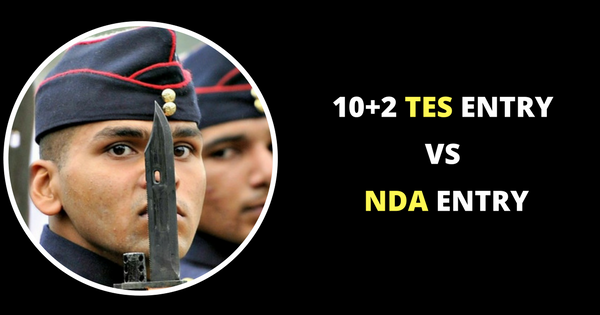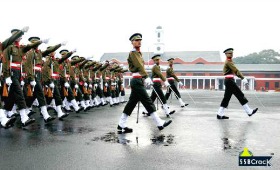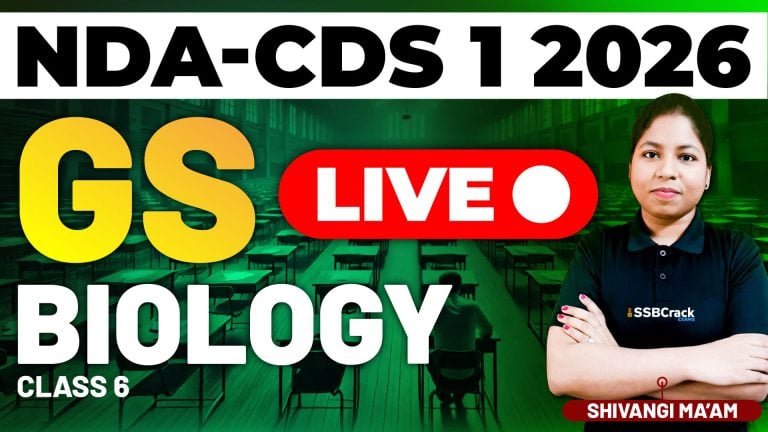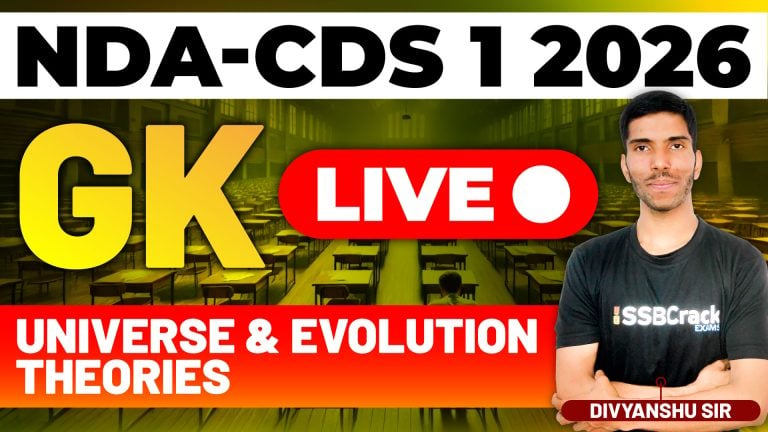defense aspirants who have cleared their intermediate or appearing in one have asked queries like, what is
Difference between 10+2 TES scheme and NDA? Which one is better? So we are sharing a brief comparison between them, interested reader are invited to have a look.
Difference between 10+2 TES Entry and NDA Entry

difference between the two entries and form a conclusion:
| NDA | TES |
| Students from all streams can appear after 12th. | Only students from MPC can apply after 12th. |
| You can join either of Army, Navy or Air Force. | You get to join only the army. There is a similar entry in Navy, B.Tech Direct Entry Scheme, through which you can join Navy directly after 12th. |
| You need to clear the written exam. | You directly go for SSB interview if you have more than 75% aggregate in MPC. |
| You will earn a BSc. or BA degree after 3 years in NDA and then spend 1 year pre-commission training at IMA. | You will graduate with an engineering degree after 5 years – 1 year at OTA Gaya for basic military training and 4 years at respective colleges for specialised training. |
| Suited for everyone. Degrees provided are of BSc or BA which makes academics a bit easier to manage. | Suited if you have interest in engineering and technology and like technical stuff like Artillery, Signals, EME, etc. |
| Joins the fighting arms like Infantry, Artillery, Para, Army Aviation, etc. | Hardly gets a chance to join the fighting arm. They act as a support to the fighting arms. |
both entries have their own merits and demerits, there is a chance for you to join the army either way. So applying for TES after 12th and at the same time writing the NDA exam to get into the NDA will do just fine. Keeping all options open is always a good idea.








